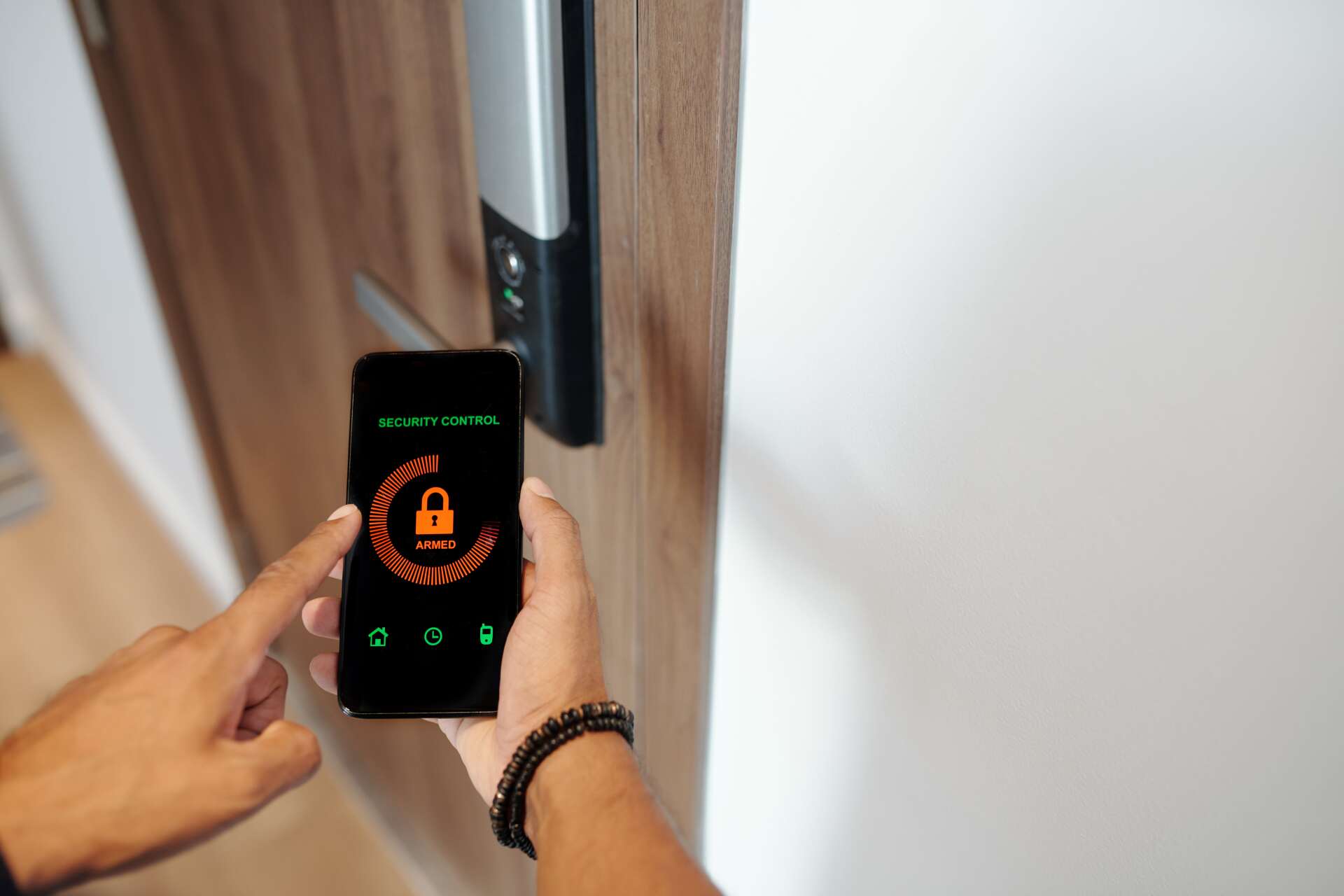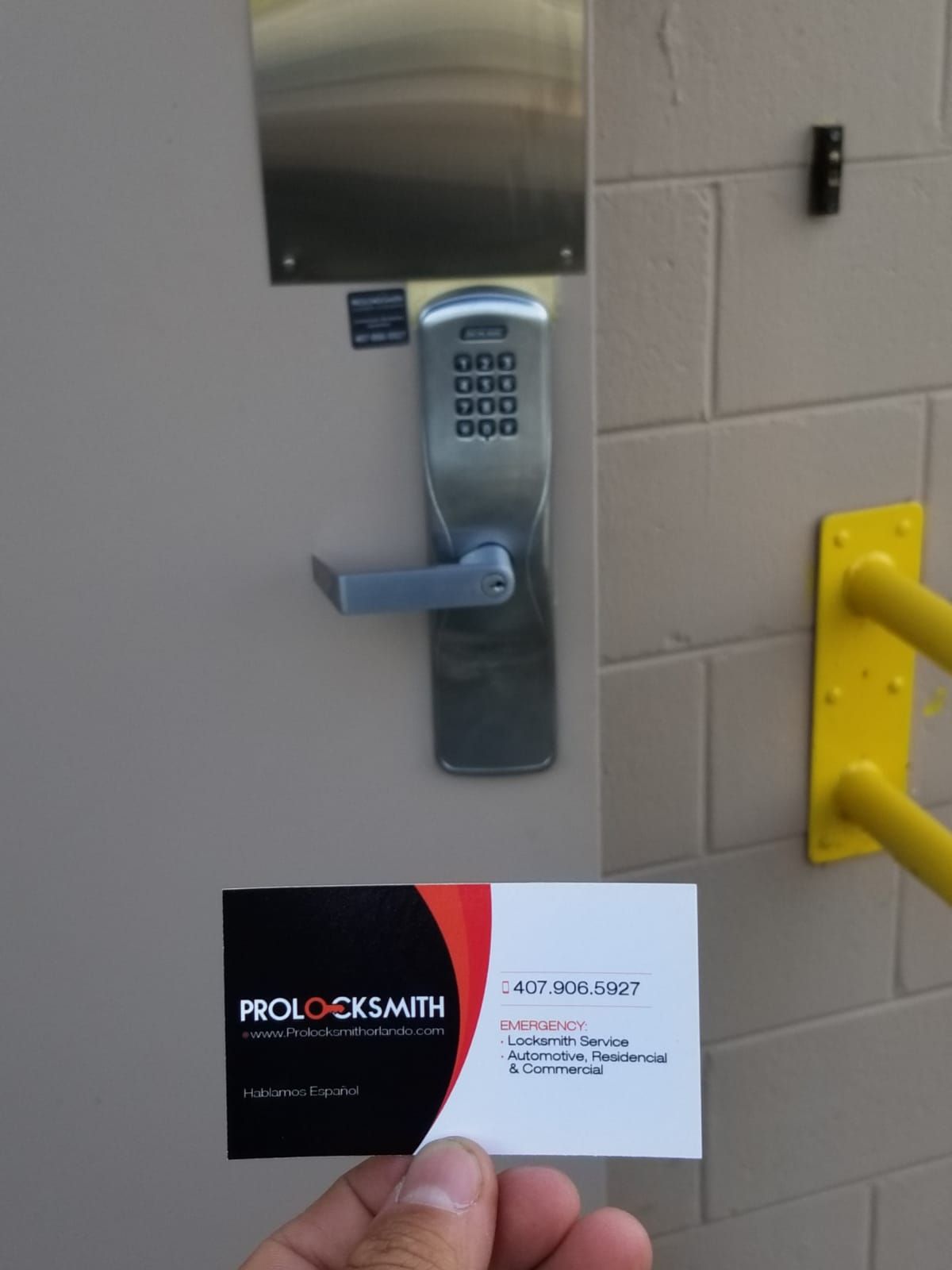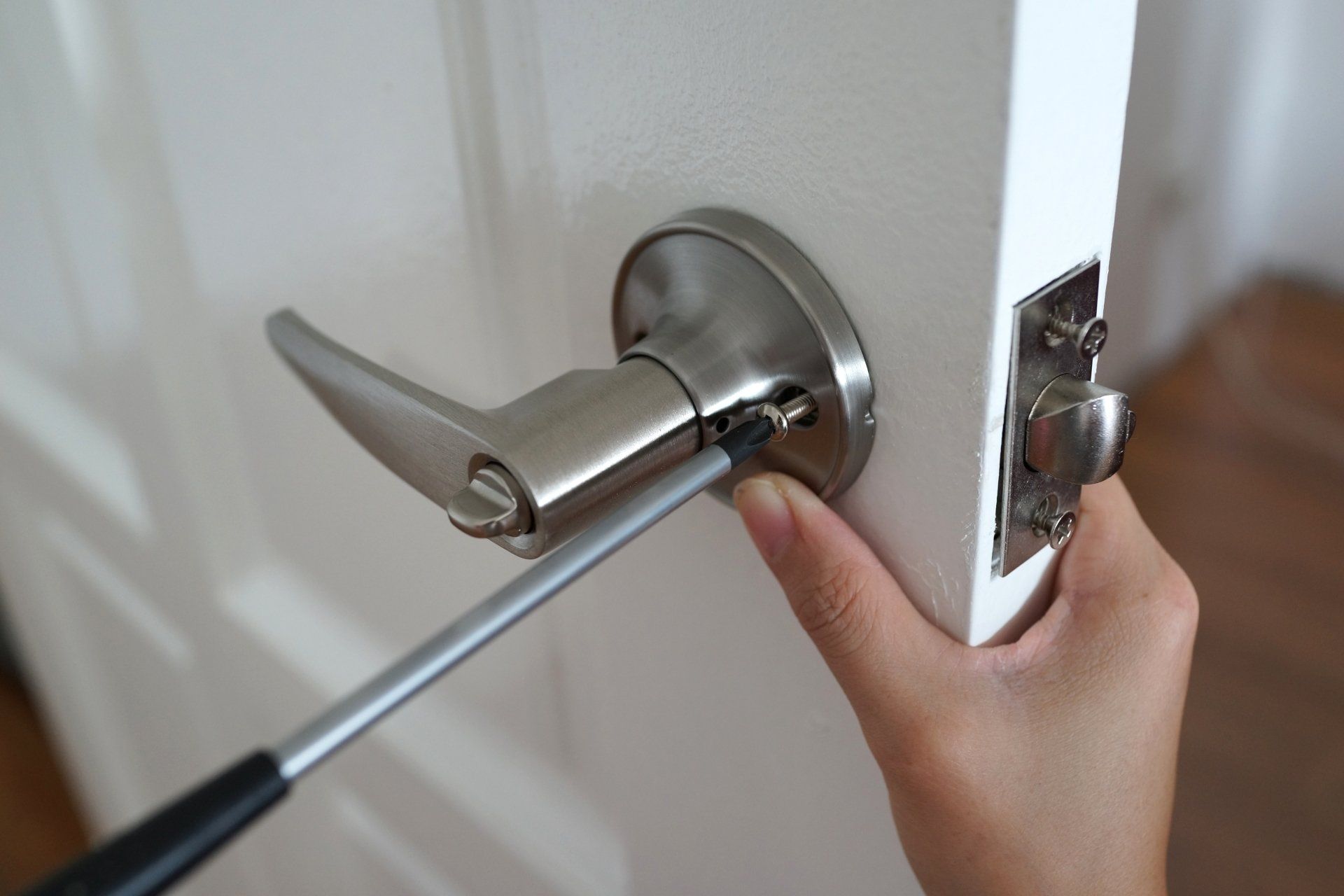Hypnosis: A Pathway to Emotional and Mental Security

Hypnosis is a therapeutic technique that induces a state of focused attention, increased suggestibility, and deep relaxation. This altered state of consciousness allows individuals to create thoughts, feelings, and new beliefs that assist them in making their lives better.
While often misunderstood as a form of mind control, hypnosis in fact gives the subject more control over themselves. It is a legitimate and powerful tool used by professional athletes, medical professionals, pastors, politicians, executives and the military.
This is why we have partnered with
Winter Garden Hypnosis to give you insights on what we believe could be a powerful tool in your life.
The Mechanisms of Hypnosis
The process of hypnosis involves guiding a person into a trance-like state where they are more open to suggestions. This is typically achieved through verbal cues and relaxation techniques. Once in this state, the individual’s conscious mind becomes less active, allowing the subconscious mind to take precedence. This can be particularly beneficial for people who have suffered through life long road blocks and success ceilings, never quite getting where they want to be.
Emotional Security Through Hypnosis
One of the primary benefits of hypnosis is its ability to enhance emotional security. Emotional security is the feeling of being emotionally safe and stable, free from excessive stress, worry, and other negative emotions. Here’s how hypnosis contributes to this state:
- Reducing Stress: Hypnosis is highly effective in reducing stress and worry. By promoting deep relaxation and altering perception, it helps individuals manage their stressors more effectively. This leads to a significant decrease in tensions and nervousness, contributing to a sense of emotional calmness and security.
- Addressing Trauma: Hypnosis allows individuals to safely release traumatic emotions or experiences without needing to re-live them. With advanced hypnosis techniques individuals can process and release past traumas in a dissociated state so as to not re-traumatize them. This processing can reduce the emotional burden of these memories, fostering greater emotional resilience and security.
- Boosting Self-Esteem: Hypnosis can help reprogram negative self-beliefs and enhance self-esteem. By instilling positive affirmations and altering self-perception, individuals can develop a more positive self-image. This boost in self-esteem contributes to overall emotional security, making individuals feel more confident and capable.
- Boosting Motivation: Hypnosis can be an effective tool in boosting motivation. It helps individuals identify and alter negative thought patterns, fostering a more positive mindset. By letting go of unconscious roadblocks and increasing enthusiasm, hypnosis contributes to emotional stability and security by creating a sense of purpose.
Mental Security Through Hypnosis
Mental security involves having a stable and positive state of mind, free from overwhelming negative thoughts and feelings. Hypnosis aids in achieving mental security through various mechanisms:
- Enhancing Focus and Concentration: Hypnosis can improve focus and concentration by training the mind to enter a state of deep relaxation and heightened awareness. This can be particularly beneficial for individuals struggling with attention-related issues, contributing to a more secure and stable mental state.
- Altering Negative Thought Patterns: Through the techniques taught by hypnotists, individuals can identify and change negative thought patterns. This leads to a more positive and secure mental outlook and creates a positive expectancy of life going great.
- Improving Sleep: Quality sleep is crucial for your wellbeing. Hypnosis can help by promoting relaxation and reducing busy thoughts, leading to better sleep patterns. Improved sleep contributes to better mental health and security, reducing the risk of a poor attitude or things falling through the cracks.
- Supporting Behavioral Changes: Hypnosis can facilitate behavioral changes by addressing the subconscious mind. This is particularly useful for habits and repetitive negative patterns, which often keep one feeling stuck. By creating new positive behaviors, hypnosis contributes to mental well-being and security.
Securing Your Home: A Parallel to Mental and Emotional Security
Securing your home involves creating a safe physical environment, much like how hypnosis creates a safe mental and emotional environment. The parallels between these two forms of security highlight the importance of safety and stability in both physical and psychological contexts.
Home Security Measures
- Physical Barriers: Installing locks, security systems, and surveillance cameras creates physical barriers that protect against intruders. Similarly, hypnosis builds mental barriers against negative thoughts and emotions, protecting the mind from internal and external stressors.
- Regular Maintenance: Regularly checking and maintaining your home’s security systems ensures they function correctly. This is akin to the ongoing practice of hypnosis and self-care, which maintains mental and emotional health, ensuring lasting security.
- Emergency Preparedness: Having a plan for emergencies, such as fires or break-ins, provides a sense of security. In the same way, hypnosis prepares individuals to handle emotional crises by equipping them with coping strategies and resilience.
- Community Awareness: Being aware of your surroundings and building a community network enhances home security. Likewise, being mindful of one’s mental state and building a support network enhances emotional and mental security.
One of the local resources to help you secure your home and property is Prolocksmith Orlando providing locksmith services for almost 10 years. They can help you feel that safety within your home and business.
Connecting Home Security with Hypnosis
Both home security and hypnosis aim to create a safe and secure environment, whether physical or emotional. The connection lies in the fundamental need for safety and stability, which is crucial for overall well-being. Just as a secure home provides a safe haven, a secure mind and emotional state provide a foundation for a fulfilling life.
The Synergy of Physical and Psychological Security
When both physical and psychological security measures are in place, they reinforce each other, leading to a comprehensive sense of safety. For instance, a person who feels emotionally and mentally secure through hypnosis is better equipped to handle the stress and worry that might arise from physical threats to their home. Conversely, knowing that one’s home is secure can alleviate mental stress, contributing to overall emotional well-being.
Practical Steps to Integrate Hypnosis and Home Security
- Establish a Routine: Incorporate hypnosis sessions into your daily routine to maintain mental and emotional security. Similarly, regularly check your home security systems to ensure they are functioning properly.
- Create a Safe Space: Designate a quiet, comfortable area in your home for hypnosis practice. This space should be free from distractions and conducive to relaxation. This physical safe space can enhance the effectiveness of hypnosis in creating mental security.
- Mindful Awareness: Practice mindfulness to enhance the benefits of hypnosis. Being aware of your thoughts and emotions can help you identify when you need to use hypnosis techniques. Similarly, being aware of your home environment can help you identify potential security risks.
- Support Networks: Build a support network for both mental and physical security. Having friends, family, or a hypnotist to guide you can enhance emotional well-being. Similarly, having a trusted neighbor or community group can enhance home security.
Conclusion
Hypnosis offers a powerful means of achieving emotional and mental security by addressing worry, stress, motivation, habits, self-esteem, and other behavior issues. This form of help creates a secure mental environment, much like how physical home security measures create a safe living space. The connection between these two forms of security lies in the fundamental human need for safety and stability.
By integrating hypnosis into daily life and ensuring home security, individuals can achieve a comprehensive sense of well-being, fostering both mental peace and physical safety. The synergy of these practices highlights the holistic approach to security, addressing both the mind and the environment, ultimately leading to a more secure and fulfilling life.












